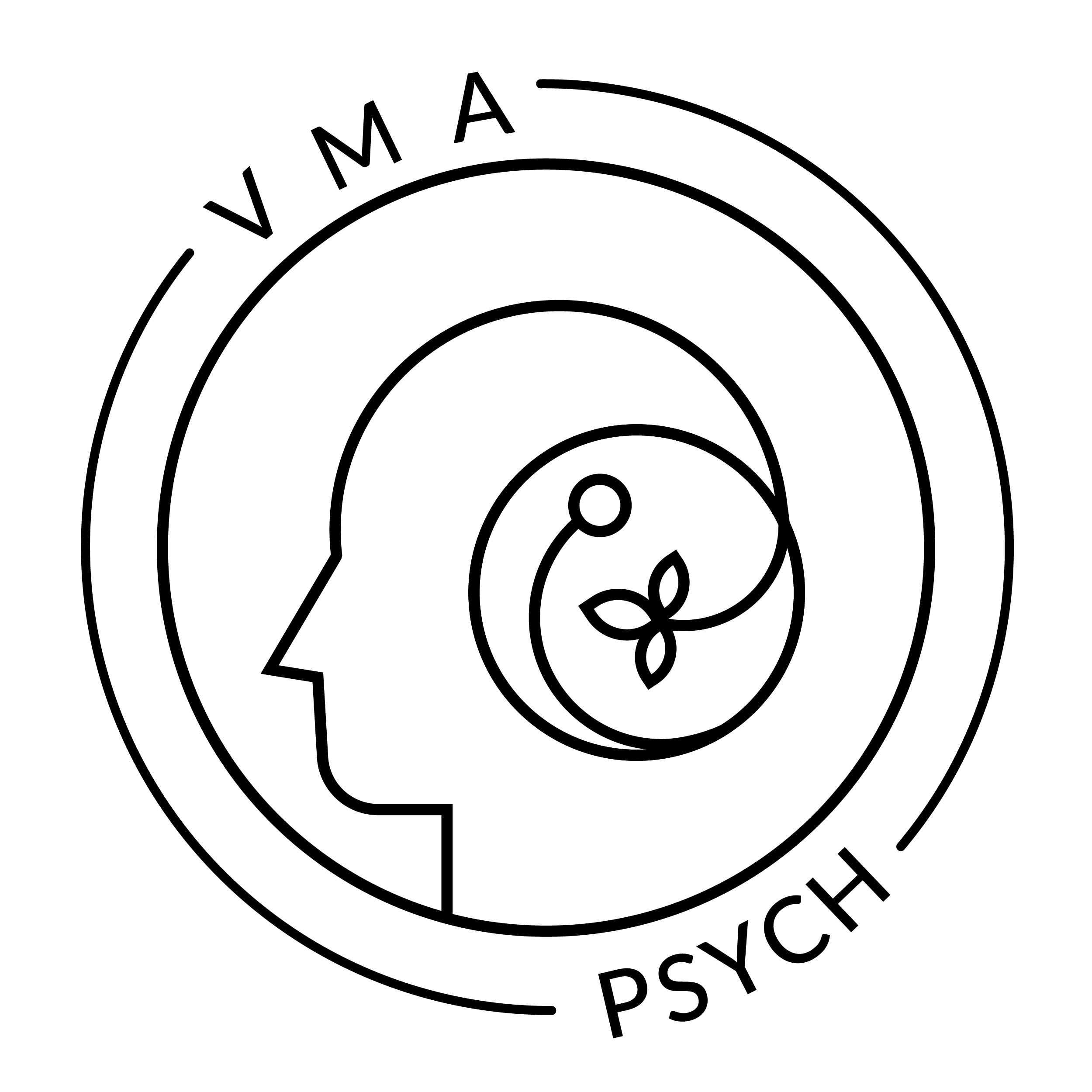
EMDR Therapy
Healing the Past. Empowering the Present
Feel like Yourself Again
Reconnect with your true self by restoring emotional balance and resilience.
Overcome Anxieties
Address anxiety at its core, helping you find calm and control.
Process Traumas
Work through past traumas to reduce emotional distress and gain closure.
.jpg)
What If Healing Didn’t Mean Reliving It?
Transformative Therapy for Trauma, Anxiety, and Emotional Distress
EMDR (Eye Movement Desensitization and Reprocessing) is a powerful therapy for trauma, anxiety, and PTSD that helps reprocess painful memories without reliving them. At VMA Psych, we use EMDR to help clients heal from past experiences affecting their present, addressing PTSD, low self-esteem, performance blocks, and overwhelming emotions.
DEFINITION
What Is EMDR Therapy?
EMDR is an evidence-based psychotherapy approach that supports emotional healing by helping the brain reprocess distressing memories. Originally developed for trauma and PTSD, it’s now widely used to treat anxiety, phobias, grief, and other issues linked to unresolved experiences. Through a series of structured phases, including history-taking, resourcing, and bilateral stimulation, EMDR allows clients to process painful memories without becoming overwhelmed. The result is a reduction in emotional reactivity and a shift in core beliefs, helping people feel calmer, safer, and more empowered.
EMDR Therapy Can Help With
Post-Traumatic Stress Disorder (PTSD)
Anxiety and panic attacks
Childhood trauma or attachment wounds
Phobias and performance-related blocks
Grief and loss
Emotional regulation difficulties
Low self-esteem or self-critical thoughts
Relationship-related trauma (e.g., breakups, betrayal, family conflict)
Traumatic medical experiences or accidents

How it Works
1
Free Intake Call: Speak with our intake team to see if EMDR is the right fit for your goals.
4
Reprocessing Phase: You’ll engage in bilateral stimulation while recalling distressing memories in a safe, contained way.
2
Assessment & Planning: Your therapist gathers relevant history and builds a customized treatment plan.
5
Desensitization & Integration: The emotional charge of the memory is reduced, and new adaptive beliefs are strengthened.
3
Resourcing Phase: Before processing begins, you’ll develop coping strategies and emotional tools to support stability.
6
Closure & Follow-Up: Sessions conclude with debriefing, grounding, and tracking progress over time.
How it Works
1
Free Intake Call: Speak with our intake team to see if EMDR is the right fit for your goals.
2
Assessment & Planning: Your therapist gathers relevant history and builds a customized treatment plan.
3
Resourcing Phase: Before processing begins, you’ll develop coping strategies and emotional tools to support stability.
4
Reprocessing Phase: You’ll engage in bilateral stimulation while recalling distressing memories in a safe, contained way.
5
Desensitization & Integration: The emotional charge of the memory is reduced, and new adaptive beliefs are strengthened.
6
Closure & Follow-Up: Sessions conclude with debriefing, grounding, and tracking progress over time.
WHAT TO EXPECT
Safe, Supportive Environment
Work with trained EMDR clinicians in a therapeutic space tailored to your pace and emotional needs.
Structured, Trauma-Informed Process
Guided steps including preparation, memory processing, and integration using bilateral stimulation techniques.
Effective Tools for Healing
Build emotional regulation and internal safety while reprocessing stuck memories for lasting relief.

Is EMDR Right for You?
EMDR may be a good fit if:
You’ve experienced a traumatic event or ongoing emotional stress
You feel stuck in patterns of anxiety, fear, or low self-worth
You’ve tried talk therapy and want a different approach
You have difficulty thinking or talking about distressing memories
You’re ready to heal, but want a method that is structured, efficient, and grounded in research
Our EMDR clinicians are highly trained and trauma-informed. They work at your pace and in alignment with your personal goals.
Frequently Asked Questions
What makes EMDR different from traditional talk therapy?
EMDR actively targets traumatic memories through structured techniques like bilateral stimulation, helping you reprocess emotions more quickly. Unlike traditional talk therapy, it focuses less on discussion and more on resolving the root causes of distress.
What should I expect during an EMDR session?
Your therapist will guide you to focus on a distressing memory while using techniques like eye movements or tapping. Sessions include reprocessing emotions tied to the memory and building coping strategies.
How long does an EMDR session typically take?
EMDR sessions usually last 60-90 minutes, depending on individual needs and goals.
Frequently Asked Questions
What makes EMDR different from traditional talk therapy?
EMDR actively targets traumatic memories through structured techniques like bilateral stimulation, helping you reprocess emotions more quickly. Unlike traditional talk therapy, it focuses less on discussion and more on resolving the root causes of distress.
What should I expect during an EMDR session?
Your therapist will guide you to focus on a distressing memory while using techniques like eye movements or tapping. Sessions include reprocessing emotions tied to the memory and building coping strategies.
How long does an EMDR session typically take?
EMDR sessions usually last 60-90 minutes, depending on individual needs and goals.


